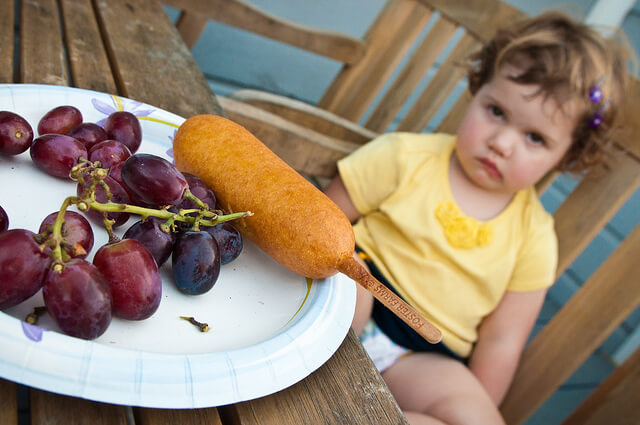Picky eating by kids may not just be a phase; signals mental health issues
Parents tend to consider picking at food as a phase that a lot of kids go through, but a new study shows that fussy eaters are more likely to grow up with mental health issues, reports stated.
Researchers from Duke University suggested in their study that more than 20 percent of school-aged children are identified as selective eaters, with most of them being "moderately picky."
About three percent of those children are extremely picky with their food that they tend to have problems when eating with other people.
The study, published in the journal Pediatrics, suggested that parents and medical professionals who treat picky eating as a phase that children can just grow out of may be making a big mistake.
Lead author of the study Nancy Zucker placed importance on when doctors and parents should worry that the behavior becomes a real problem.
Zucker said in a press release that the children described in the study are not those who misbehave when they are told to eat a plate of broccoli.
She also described worst cases, in which kids only eat food items that have certain textures, brands or colors. This problem started to affect children's social functioning and as a result, they can't enjoy birthday parties or even overnight camps.
Zucker and colleagues surveyed over 3,400 children who had been to Duke University clinic from 2007 to 2010.
They then narrowed down the children to picky eaters from aged two to five, as The Guardian reported.
In general, those who are moderately picky were more likely to have ADHD and separation anxiety symptoms. Both moderately and severely picky eaters were 1.7 times more likely to suffer from generalized anxiety disorder.
Zucker said the study did not intend to cause panic among parents of picky eaters. However, she did advise that those parents who have been struggling with feeding their kids may need to ask help from a professional.












